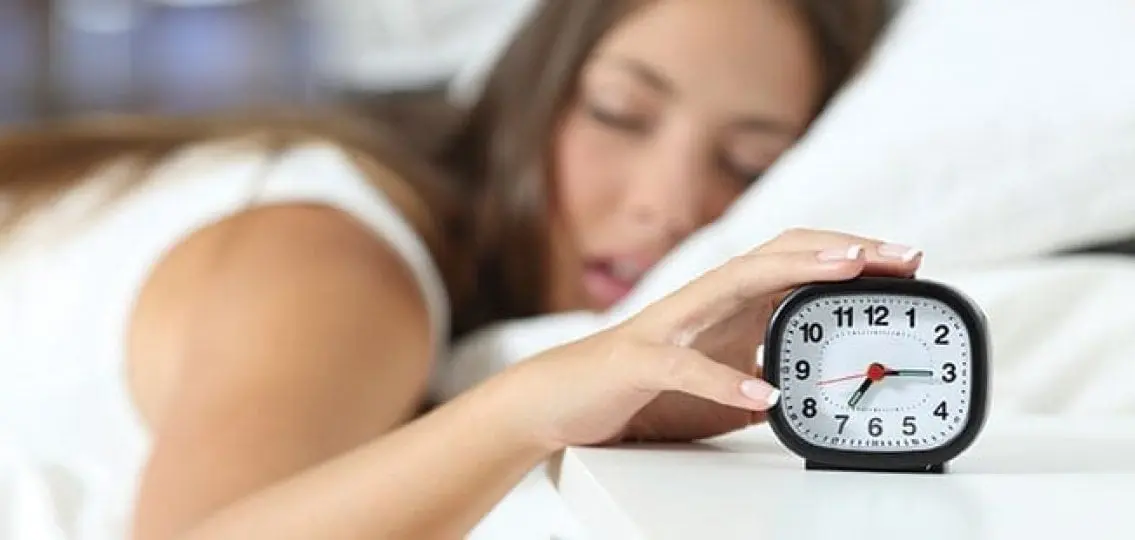If you find yourself waking up at 2:30 a.m. when your son finally crawls upstairs to go to bed, or noticing the light on in your daughter’s room hours after she went to bed, you may be wondering if he or she is getting enough sleep. And if your teen is like most American teens, the answer is “probably not.” So how much sleep do teens need?

How Many Hours Do Teens Need Of Sleep?
There’s a scientific answer to the question, How much sleep do teens need? The American Academy of Pediatrics recommends that from sixth grade to twelfth grade, pre-teens and teens should get between 8.5 to 9.5 hours of sleep each night. A 2014 National Sleep Foundation poll found that almost half of U.S. high school students receive fewer than seven hours of sleep on school nights. Many studies have documented that the average adolescent is chronically sleep-deprived and pathologically sleepy. Add to this sleep deficit the fact that teens tend to have irregular sleep patterns across the week — they typically stay up late and sleep in late on the weekends, which can affect their biological clocks and hurt the quality of their sleep.

How Long Should A Teenager Sleep? Longer Than They Get
A biological phenomenon known as “sleep phase delay” causes adolescents to want to stay up longer and sleep in later. And “in a diabolical twist,” notes Dr. Lisa Damour, a clinical psychologist and the director of the Laurel School’s Center for Research on Girls in Shaker Heights, Ohio, “the school start times in most communities run against kids’ natural sleep patterns.” Most kindergarteners get sleepy early and are up hours before the school day begins, “while most teenagers can burn the midnight oil but have to drag themselves out of bed to make it to school on time.”
These sleep disruptions begin in middle school. As puberty approaches, cortisol (the brain’s “awake” hormone), changes our internal clock. “Our tweens, who used to wake up at the crack of dawn but were sound asleep by 7:30 p.m., morph into people who aren’t tired before 11:00 p.m. and cannot drag themselves out of bed before 10:00 a.m.,” notes Dr. Deborah Gilboa, family practioner and author. Your teen who sleeps through his alarm every morning isn’t being “contrary, lazy, or selfish,” notes Dr. Gilboa, “it’s biochemistry. In fact, a middle school that acknowledges this biochemistry would start at 11:00am and end at 7:00pm.”
How Much Sleep Should Your Teenager Have?
So how can you figure out an answer to how much sleep do teens need? “Calculate how many hours your teenager sleeps in a typical week, including make-up sleep on the weekends” advises Dr. Ivers-Landis. “Divide that by seven, and you’ll get an average for how much sleep your teenager needs per day. Do this also during the summer or other breaks (after allowing for a two- or three-day period during which they’re making up sleep).”

Parents can help their teenagers get enough sleep, but it means putting rules in place during the tween years. “Work to get good habits in place while you still have a tween,” advises Dr. Damour, “because the sleep deck is stacked against teenagers. If your teen didn’t get good sleep habits in place before adolescence and is suffering now, it’s not too late to help her make changes.”





